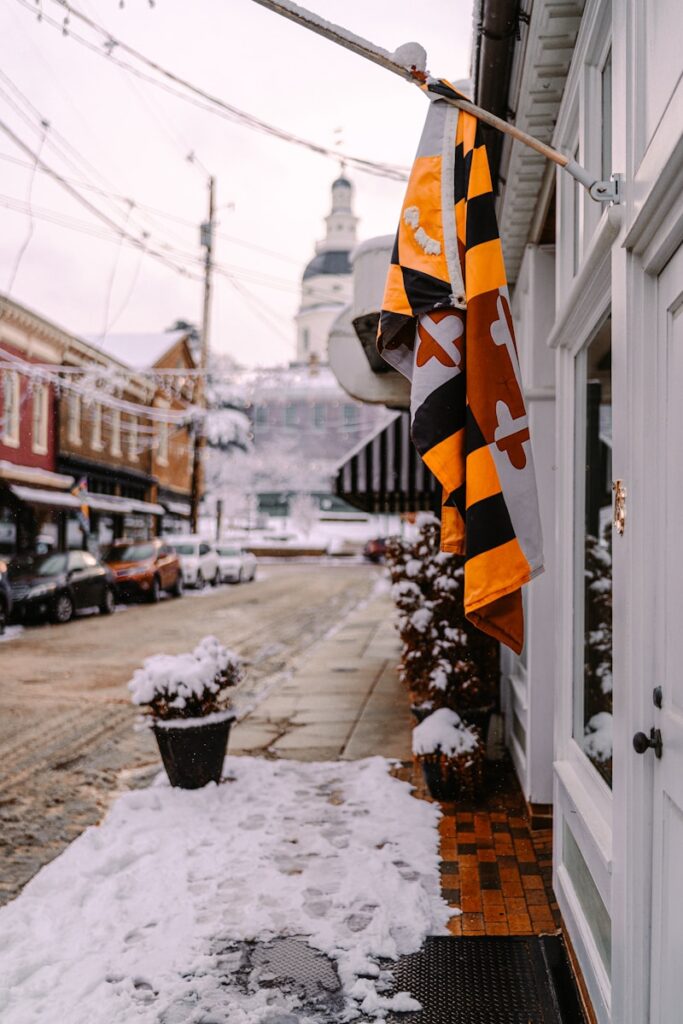Maryland House Bill 220, also known as the Ban on Styrofoam Food Service Products and Polystyrene Food Service Product, was introduced during the 2019 legislative session in Maryland. The bill aimed to prohibit the use of polystyrene foam food containers in food service establishments across the state. Polystyrene foam, commonly known as Styrofoam, is a non-biodegradable material that has been shown to have harmful effects on the environment. Maryland House Bill 220 sought to address this issue by promoting sustainable alternatives to polystyrene foam food containers.
One of the key arguments in favor of Maryland House Bill 220 was the detrimental impact of polystyrene foam on the environment. Polystyrene foam is not biodegradable and can take hundreds of years to break down in landfills. As a result, it contributes to the growing problem of plastic pollution in our oceans and waterways. By banning the use of polystyrene foam food containers, Maryland House Bill 220 aimed to reduce the amount of plastic waste generated by food service establishments and promote environmentally friendly practices.
In addition to the environmental benefits, Maryland House Bill 220 also aimed to protect public health. Polystyrene foam food containers have been shown to leach harmful chemicals into food and beverages, posing a potential health risk to consumers. By eliminating the use of polystyrene foam food containers, the bill sought to safeguard public health and ensure that consumers are not exposed to harmful substances.
Moreover, Maryland House Bill 220 was also seen as a way to promote sustainable practices within the food service industry. By encouraging the use of alternative materials such as paper, cardboard, or compostable plastics, the bill aimed to incentivize food service establishments to adopt more environmentally friendly practices. This shift towards sustainability could have long-term benefits for both the environment and the food service industry, creating a more sustainable and responsible way of doing business.
Despite the potential benefits of Maryland House Bill 220, the bill faced opposition from some food service establishments and industry groups. Critics argued that the ban on polystyrene foam food containers would place an undue burden on small businesses and lead to increased costs. Some also raised concerns about the availability and affordability of alternative materials, suggesting that the transition away from polystyrene foam could be challenging for some establishments.
Despite these concerns, Maryland House Bill 220 ultimately passed the legislature and was signed into law by Governor Larry Hogan. The ban on polystyrene foam food containers officially went into effect on July 1, 2020, marking a significant milestone in Maryland’s efforts to promote sustainability and protect the environment. While the transition away from polystyrene foam may present some challenges for food service establishments, the long-term benefits of the ban are expected to outweigh any initial hurdles.
In conclusion, Maryland House Bill 220 represents a significant step towards promoting sustainability and protecting the environment in the state of Maryland. By banning the use of polystyrene foam food containers, the bill aims to reduce plastic waste, protect public health, and promote sustainable practices within the food service industry. While the transition away from polystyrene foam may present challenges for some establishments, the long-term benefits of the ban are expected to outweigh any initial hurdles. Overall, Maryland House Bill 220 serves as a model for other states and jurisdictions looking to promote environmental sustainability and reduce plastic pollution in our oceans and waterways.
Subscribe to Updates
Get the latest creative news from FooBar about art, design and business.
What's Hot
Previous ArticleAll-in-One Website Monitoring Solution
Next Article Maryland Senate Bill 10
Related Posts
Add A Comment


